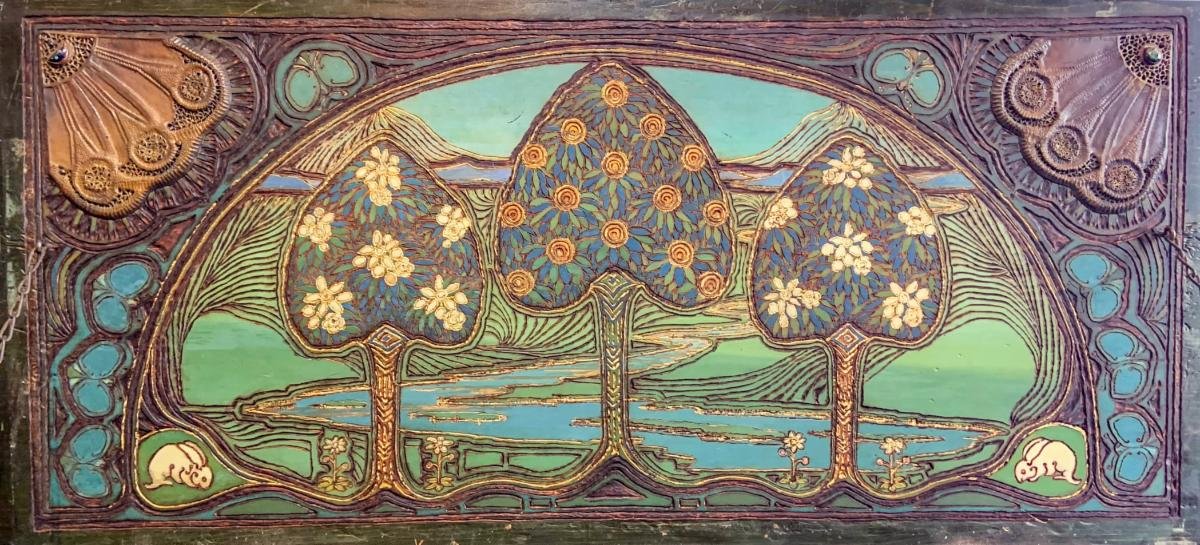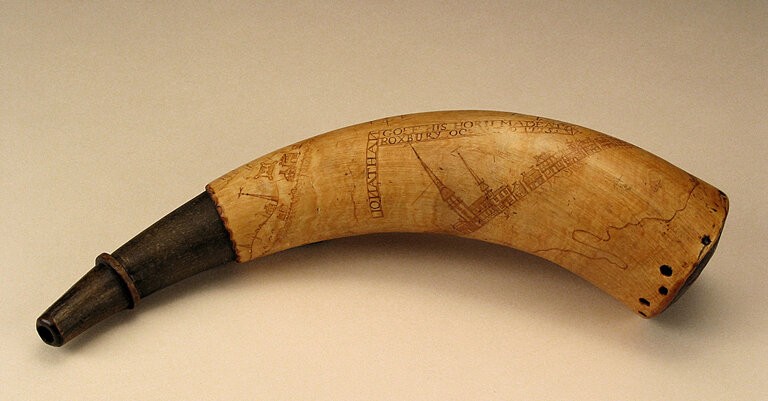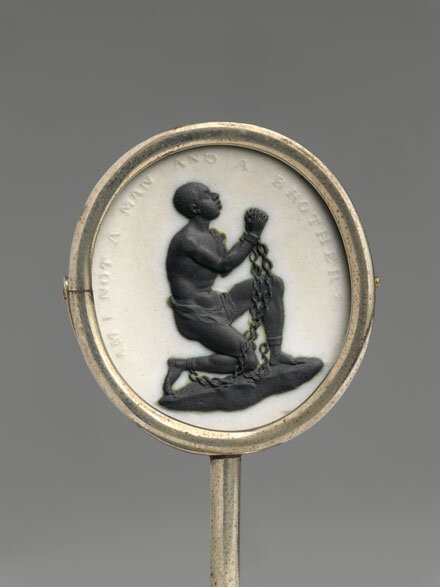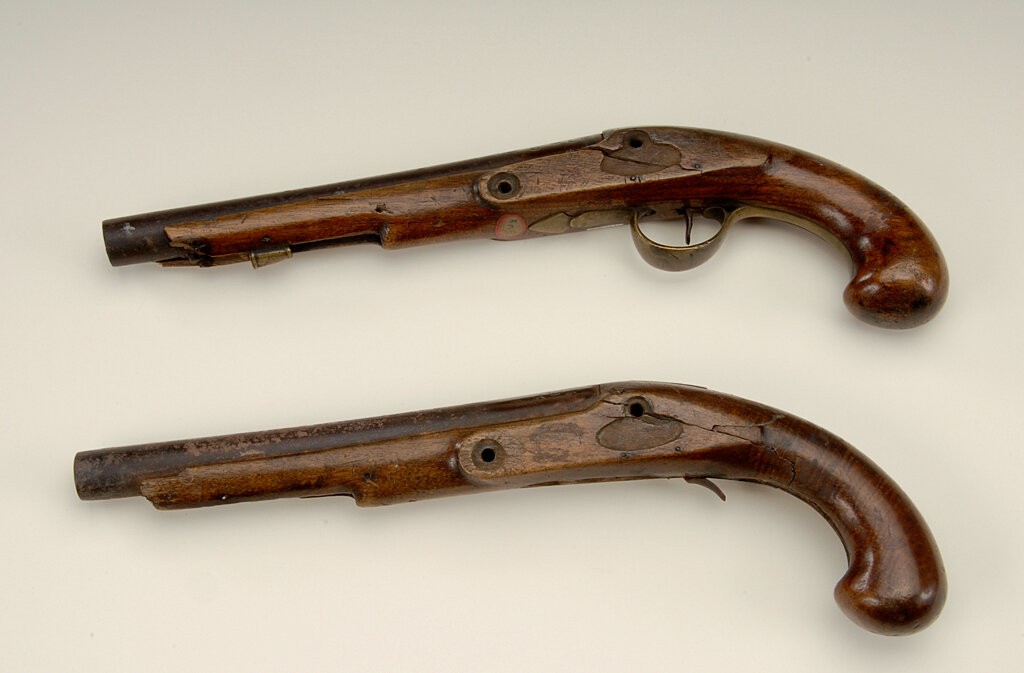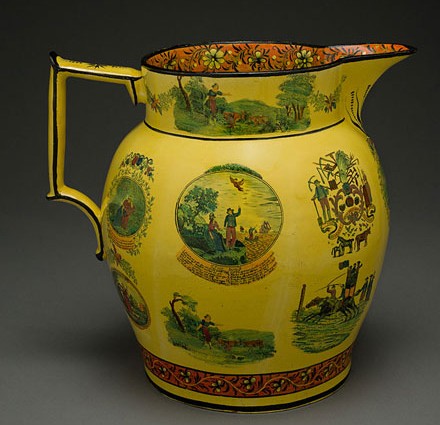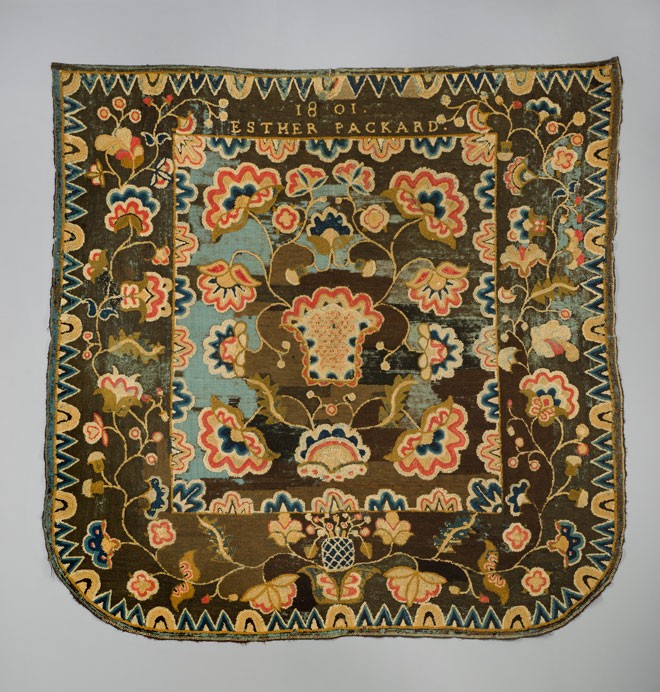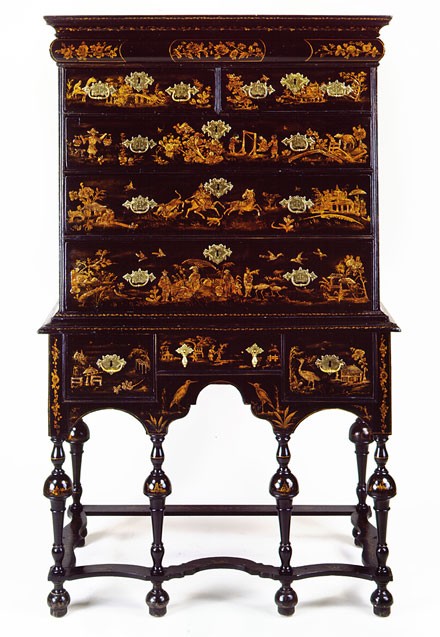Historic Deerfield is thrilled to announce the acquisition of a masterpiece of Arts and Crafts furniture constructed by Madeline Yale Wynne (1847-1918), Deerfield’s leading proponent of the Arts and Crafts Movement. Known as Garden of Hearts, the chest, with finely crafted, forged, hammered, carved, and painted elements, was made in 1903 and is an important example of Arts and Crafts furniture by a groundbreaking female artist.
The Village Broadside
The Blog of Historic Deerfield
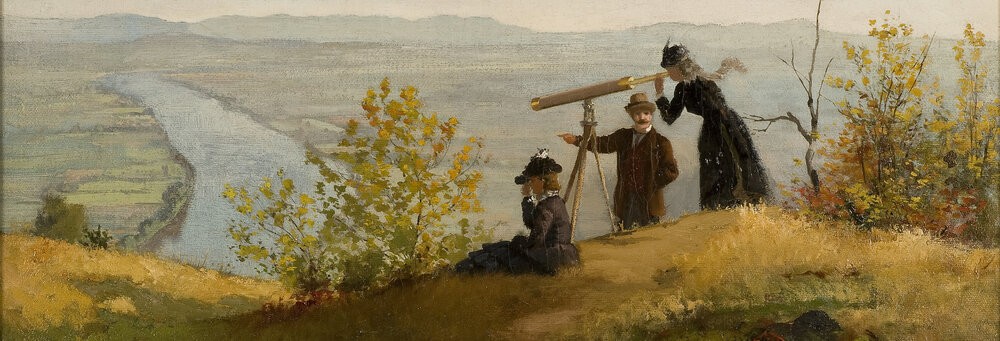
Siege of Boston Powder Horns
March 17, 2021 marks the 245th anniversary of the end of the Siege of Boston, which lasted from April 1775 to March 1776 during the early years of the American Revolution. The siege followed on the heels of the infamous battles at Lexington and Concord, Massachusetts in April 1775.
Wedgwood’s Anti-Slavery Medallion
Despite its popularity in the 17th and 18th centuries as a sweetener in beverages such as tea, coffee, hot chocolate, and punch, sugar in New England (and globally, for that matter) has a very bitter history. As the popularity of sugar increased, the amount of enslaved labor required to harvest sugar also increased to meet the ever higher demand. However, beginning in the 18th century in places such as England, critics of slavery and the slave trade grew louder, and took to expressing their condemnation of slavery on a variety of media, including ceramics. Josiah Wedgwood (1730-1795) was one such critic, producing in 1787 a ceramic medallion that effectively advocated the abolitionist cause.
How (not) to Start a Revolution?
On a fateful spring morning on Lexington’s town green in 1775, members of the local minute company confronted a contingent of British regular infantry on their way to Concord to destroy militia military supplies. The British soldiers opened fire when a shot was fired from an unknown source; eight militiamen died. Later that day, colonial militia and British forces opposed one another again, this time at Concord’s North Bridge
